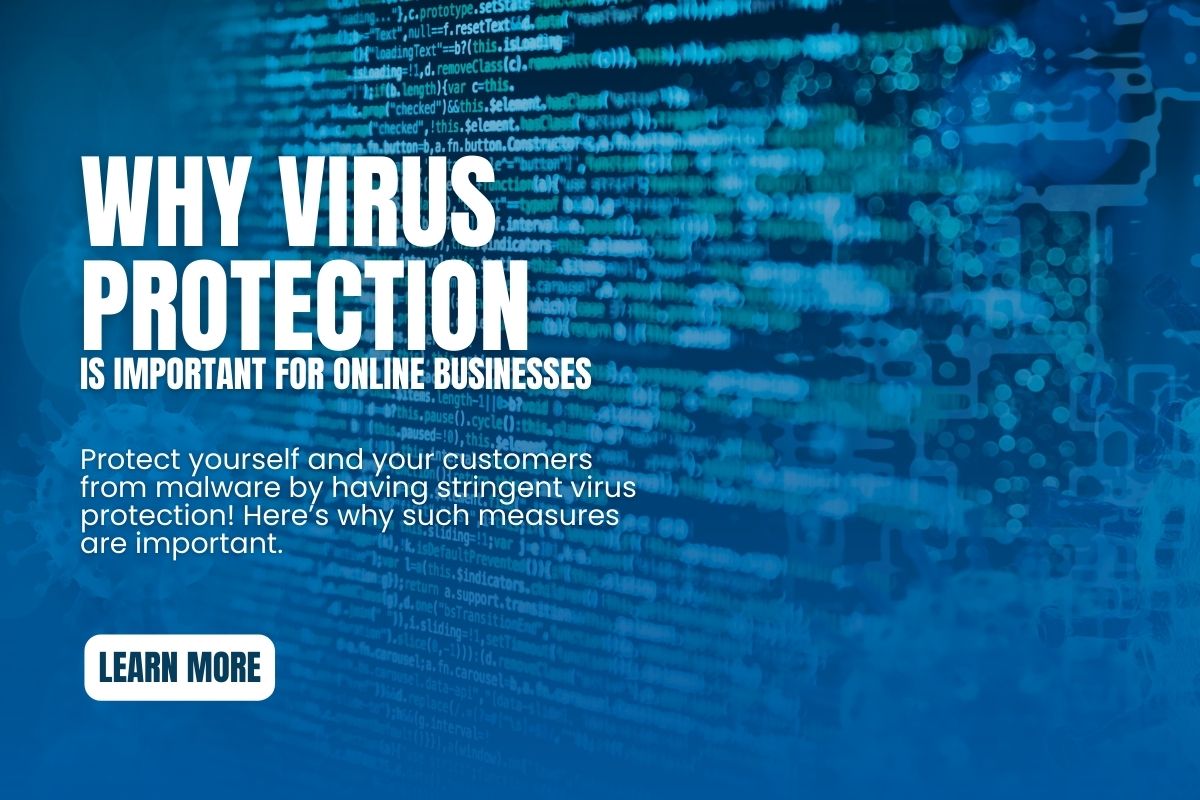As you consider real estate investment, it is crucial to do your research on the property, sponsor, guidelines, and other legal details that are necessary to act on. DST sponsors play a large role in managing beneficial interests and assets relating to the DST. Investors must carefully review the professional history of DST sponsors and understand their industry experience before committing to any DST offerings.

Delaware Statutory Trust investments must be initially chosen and bought by DST sponsors. After which, they can be made available to investors. DST investments work by including a margin for the sponsor and once the deal is finished, a percent of the earnings are paid to them. DST sponsors are responsible for identifying and buying the property as well as managing its cash flow. DST offerings sometimes experience a range of depreciation and appreciation between the time of its initial purchase and deal with the investor. While considering your DST, you must budget for this percentage given to the sponsor and figure out how to make this amount up in your return.
Because 1031 exchanges have become more common in real estate investment, sponsors have become more involved in the industry. These 1031 exchanges make it critical for certain guidelines to be followed by investors, and, therefore, they must be educated on certain legal principles. Sponsors serve to bridge the gap between DST investment opportunities and fresh investors.
Since DST sponsors are so important to the Delaware Statutory Trust process, it is important that you learn how to evaluate their qualifications before committing to an investment. Here are some points to think about when you are researching a sponsor:
1. Do they consistently manage successful transactions for their investing clients? Some sponsors are new to the 1031 exchange process and do not have very much industry experience. When looking at a DST, make sure that the sponsor is fully capable of managing their share of duties.
2. Do they understand the market that your specific real estate investment is within? DST investment properties rely on many factors to determine the price. Some of these factors include its history, age, location, type of tenants, and other influencing features. Your sponsor should understand all of these elements and how they affect the property.
3. Find out the amount of money your sponsor paid for the property investment and if this is a reasonable price in regard to similar real estate offerings. In some cases, a sponsor may pay more than they need for a property to speed along the process.
4. Does the sponsor have any additional fees? Do these fees seem unreasonable compared to other sponsors? Some sponsors may overcharge investors to compensate for a property they overpaid for.
5. Is there a conflict of interest within the exchange, either because of the sponsor, previous owner, or yourself? Make sure that the master lease reflects the interests of everyone involved.
6. Has the sponsor communicated everything directly to you? Do they have any markups listed that have not been explained? Be sure to understand every detail that goes into your property’s value.
We would like to remind you that even though we have researched this information and believe it to be accurate and true to nature, you should remember that every form of investment, which includes real estate is speculation by its nature. This involves a risk of significant losses. Also, non-publicly traded private placements of securities can be liable to a necessary period of holding. They are designed for investors that are accredited already and will not need a liquid investment.



